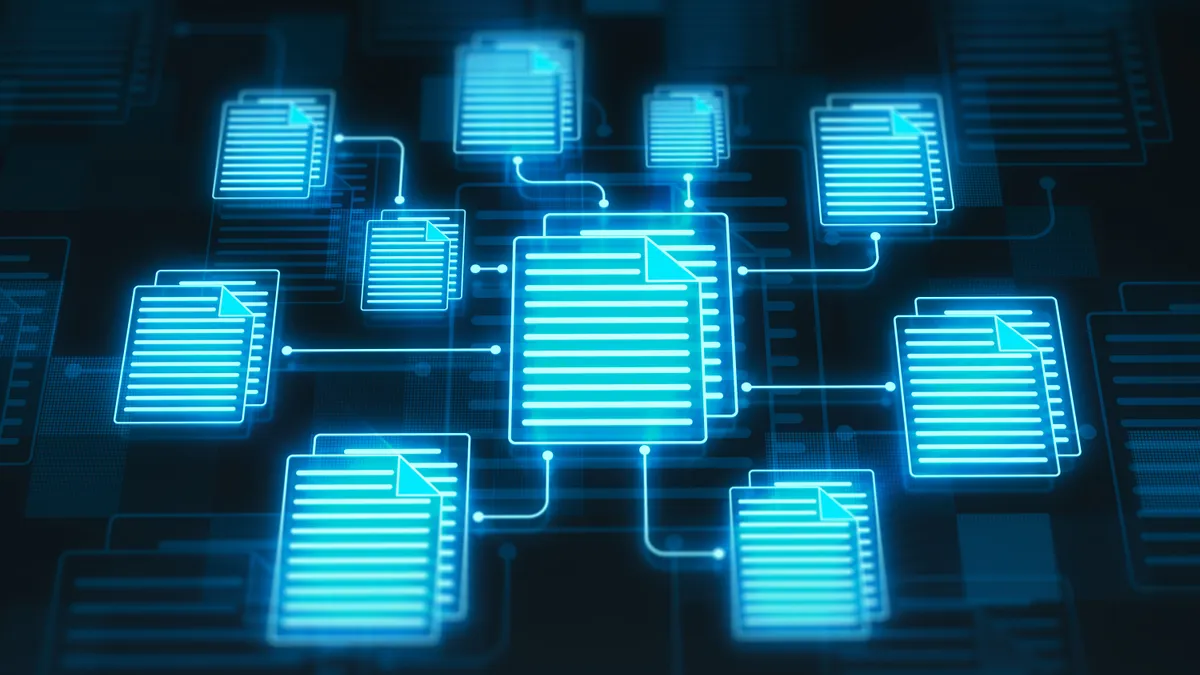Arguably, the most important component to realizing a global smart society is data sharing that – with the help of advanced AI-driven analytics, modeling, and decisioning – will inform how systems and devices respond with greater automation and interconnectivity to help us optimize our lives at home and work.
While this observation may be straightforward, it’s important to recognize the magnitude and scope of what is involved in developing and implementing the technologies and systems to perform and capitalize on this data sharing at a city level, let alone a global one.
Advancing a global, sustainable smart society is core to Mitsubishi Electric’s corporate strategy. Given our offerings in industries such as power, transportation, home appliances, infrastructure, manufacturing, IT/communications and others, we are in a unique position to gather data-driven, cross-industry business insights that will improve our offerings. That, in turn, will help our customers achieve their business goals, and – over time – help solve macro social challenges such as accelerating decarbonization, optimizing use and re-use of vital resources, and promoting well-being and inclusion for all people.
For more than two decades, Mitsubishi Electric has incorporated technology into all its product lines that enables greater electrification, automation, and sustainability in the home, office, or manufacturing plant.
For example, in the home, Mitsubishi Electric Trane HVAC US’s all-electric, all-climate heat pumps offer low- to moderate-income households a path to qualify for Inflation Reduction Act of 2022 (IRA) incentives, while contributing to a cleaner environment and significantly lowering their utility bills due to greater energy efficiency.
For goods (and eventually people) movement, the company’s AnyMile Drone Management Platform helps orchestrate drone-based logistics, bringing shippers, drone manufacturers, drone operators, and ancillary service providers onto the same platform to increase efficiency of drone travel and trafficking, and reduce the carbon footprint of drone-based operations.
With recent advancements in machine learning and AI technology, gathering and centralizing data from currently disparate systems and devices to drive process automation is vital. With this driver in mind, our long-range vision involves integrating our products, services, and technologies across the various industries where we operate.
A key element to actualize this vision is the development of a cross-industry data gathering and management approach that will aggregate data from our offerings to share insights with our customers, enable continuous evolution of products and services, and create value at a societal level.
In short, Mitsubishi Electric is fast becoming a data company.
Across all our global operations, we employ a “Circular Digital-Engineering” concept that leverages strong intra-business group connections and knowledge sharing to consolidate data, analyze it, and build decisioning models to accelerate business processes, create new value for customers, and contribute to solving key social challenges.
The concept involves a repeating process wheel with four steps:
1. Consolidate diverse data: Consolidate data generated through usage of our components and systems by a wide range of customers into a digital space (i.e., online knowledge base platform).
An example of this consolidation of diverse data can be found in Mitsubishi Electric’s SUSTIE net zero energy building (ZEB) test facility in Japan. Named for the combination of “sustainability” and energy,” the SUSTIE facility is a high-performance, connected, and sustainable smart building based on strategically captured real-time data that can be shared to optimize operations and functions.
SUSTIE’s dynamically connected smart systems work together by accumulating, sharing, analyzing, and acting on aggregated system data from the building’s ICONICS automation software. A group company within Mitsubishi Electric, ICONICS has hundreds of thousands of similar installations in more than 100 countries, including a notable use case for the Zentrum für Psychiatrie Südwürttemberg (Center for Psychiatry) in Germany, where its automation software helps save energy and improve occupant health and comfort in the center’s 157 buildings that offer professional mental health care and treatment for patients.

2. Ascertain potential issues and needs of customers: In this step, we collaborate closely with our customers to analyze and model anonymous, multi-dimensional datasets from our product and solution installations to ascertain potential issues, better understand our customers’ needs, and discover new avenues for operational or business improvement.
3. Create new value: Create new value through evolving components, systems, and integrated solutions across business groups that is based on data-driven potential issues and needs.
4. Return value to a wide range of customers: Return new value to a wider range of customers and solve social challenges with customers.
This four-step process has created a continuous feedback loop that results in a regular flow of innovation across all Mitsubishi Electric business groups, along with partners with complementary products and technology. These partners can also include government or quasi-government agencies, or utilities that aim to promote the viability of smart societies.
Another example of the Circular Digital-Engineering concept in action is our Smarter Grid Solutions’ distributed energy resources (DER) management software products that enable power systems anywhere in the world to effectively manage their DER assets and evolve toward carbon-neutral, Net Zero energy operations. This software uses real-time data to monitor and optimize power grids and energy systems with high numbers of distributed, clean, and flexible energy assets, such as hydroelectric, wind, and solar, including grid capacity management, flexible interconnection, energy as a service, and more.
Mitsubishi Electric is one of the few companies in the world with the breadth of products, systems, and technology to help governments and companies promote sustainability, accelerate decarbonization and improve people’s lives at a global level.
Over the coming decades, we will continue to integrate data across our diverse products and business services. Through our presence in a variety market segments and expertise in data analytics, AI, and decisioning derived through our Circular Digital-Engineering model and use of people-centric technology, Mitsubishi Electric will be at the forefront of a truly sustainable, global smart society.










